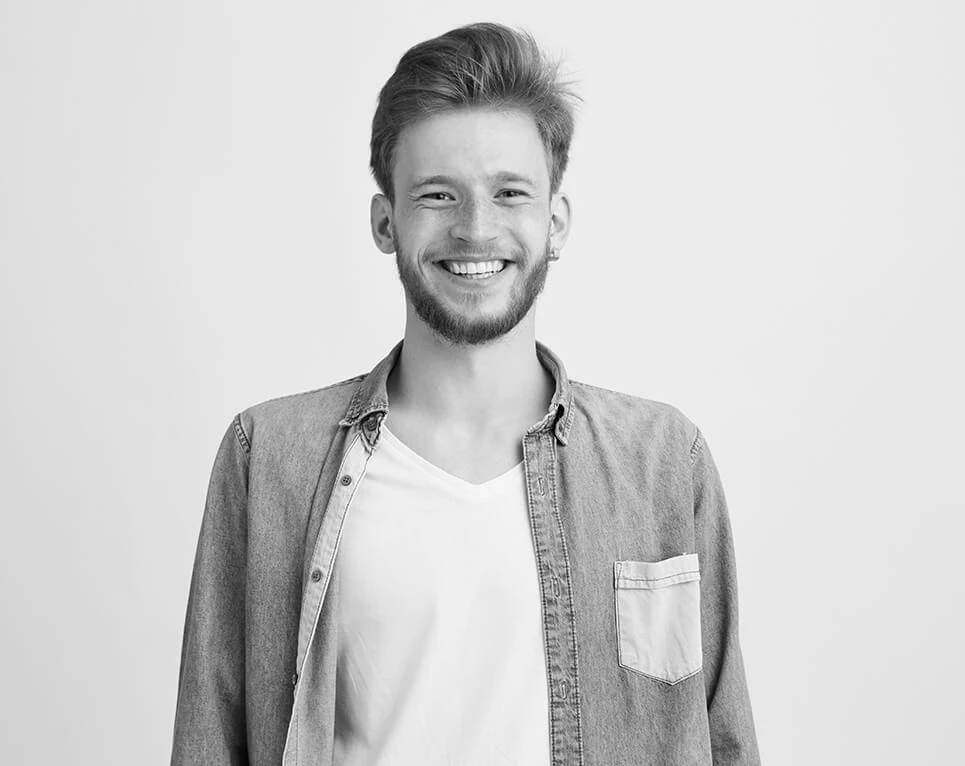Dentophobia
Many patients of all ages have a fear of dentists and dentist appointments.
Dentophobia may involve the fear of having any dental treatment performed. As a result, patients only schedule appointments in emergencies, usually when toothache makes it unbearable for them to function normally. As such they forgo the immensely important regular check-ups that allow the dentist to diagnose early even minor dental and oral cavity lesions that if treated in time would not develop into serious problems.


Dentophobia causes and symptoms
A severe fear of the dentist is usually a consequence of negative childhood experiences associated with visits to the dentist and the prevailing stereotypes that dental treatment is painful. The fear is often manifested by bothersome systemic symptoms such as indigestion, stomach-ache, or sleep problems.
At maxx clinic we are dedicated to ensuring the comfort of our patients and do everything in our power to make them feel safe. We approach each patient individually. We discuss their treatment plans in detail and select the best treatment methods. We also listen to our patients’ preferences and respond to their feelings and emotions. Our clinic is known for its exceptionally friendly atmosphere. We know that our commitment to offering the best patient care both in terms of the highest medical standards and emotional support, as well as to building long-standing relationships with our patients pays off. The large number of returning patients of our clinic is proof testament of our unique approach.
Read more about dentophobia in our article: What is dentophobia and how to overome it?
Oral sedation helps overcome stress at the dentist’s office
Nitrous gas or laughing gas is an excellent sedation method helpful in treating patients (both adults and children) with dentophobia. It helps overcome the petrifying fear and severe stress associated with dental treatment and relaxes the patient.
Oral sedation is applied with the use of a device which administers the right dose of nitrous oxide via a special mask. The mask does not prevent the dentist from performing the treatment and is comfortable to use. Please be aware that laughing gas cannot always be used as a substitute for traditional anaesthesia as its fundamental aim is to calm the patient down and not eliminate pain. In any case, it considerably reduces the discomfort of treatments performed at the dentist’s office.